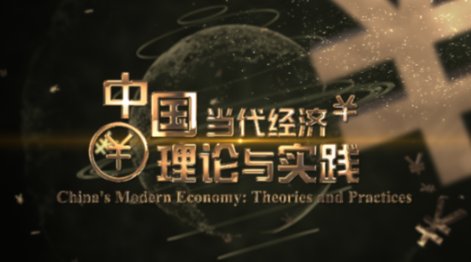第六章测试1.In business cycle frequency, China has experienced economic over-heating and the slow-down. ( )
A:错 B:对
答案:B
2.Emerging market economies have lower business cycle volatility than developed economies. ( )
A:对 B:错 3.State own banks dominate the banking system. The situations impede the efficiency of credit allocation and production. ( )
A:错 B:对 4.Trade balance to output ratio is usually counter cyclical in developed economies. ( )
A:对 B:错 5.Who set the long term economic objectives in a coordinated manner?( )
A:the State Administration of Foreign Exchange
B:the National Development and Reform Commission
C:the People’s Bank of China
D:the State Council
6.Which of the following statement is right about fiscal policy implementation?( )
A:The fiscal policy should be pro-cyclical.
B:The fiscal policy should be counter-cyclical.
C:Fiscal space is a short term reference for government budget management.
D:The government should keep on fiscal expansion to stimulate the growth.
7.Which of the following statement is right about monetary policy framework in China? ( )
A:Chinese monetary policy framework is transited from price-based to quantity-based system.
B:Chinese monetary policy targeted money market interest rate in the past 10 years.
C:Chinese monetary policy will target Monetary aggregate growth in the future.
D:Chinese monetary policy framework is transited from quantity-based to price-based system.
8.Which of the following is true according to Mundell’s trilemma? ( )
A:Independent monetary policy and fixed exchange rate can only be achieved under free capital flow.
B:Floating exchange rate and free capital movement can be achieved without loss monetary policy independence.
C:Independent monetary policy and fixed exchange rate can only be achieved under strictly capital control.
D:Independent monetary policy and floating exchange rate can be achieved under strictly capital control.
9.Which of the following are related to the money market in China? ( )
A:Chinese interbank offer rate“CHIBOR”
B:10 year Treasury Bill interest rate
C:Shanghai interbank offer rate“SHIBOR”
D:Bond-repurchase interest rate“REPOR”
10.Which of the following is the features of Chinese business cycle? ( )
A:Counter-cyclical trade balance after 1996
B:High relative volatility of investment
C:Larger business cycle volatility than developed economies
D:Correlations of consumption and GDP decreased after 1996
温馨提示支付 ¥3.00 元后可查看付费内容,请先翻页预览!

